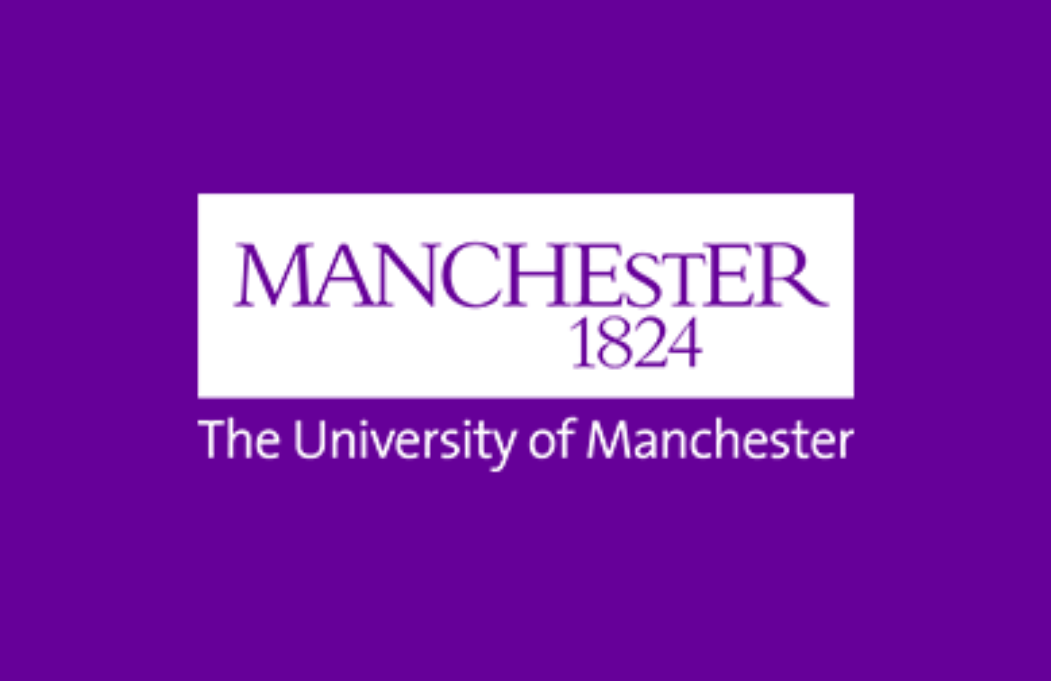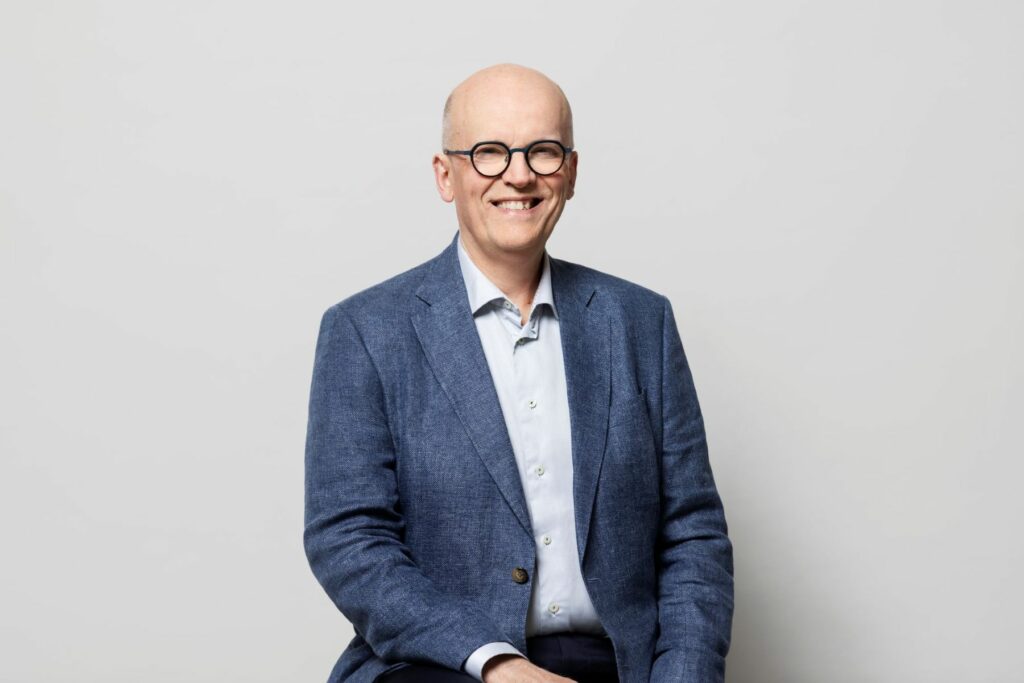“Quantum is the study of the world when we start reducing the size down to the size of individual atoms,” began Professor Richard Curry of the University of Manchester in a recent short video, qualifying what was to come next on the exploration into quantum computing. In this realm, the laws of everyday physics no longer apply, and the potential for innovation reaches new heights.
At the University of Manchester, Curry and his colleagues are working on quantum technology, pushing the boundaries of what is possible. As Curry explained: “A quantum bit, or qubit, can hold information much more than zero and one…it actually computes all the different outcomes that it could be at the same time.” This capability of simultaneous computation marks a significant leap from classical computers, enabling quantum computers to tackle problems that are currently insurmountable.
Manchester’s pivotal role in quantum advancements is not just theoretical but deeply rooted in its material research. The university’s efforts are centered around the development of next-generation materials, housed within its esteemed institutions like the Henry Royce Institute, the National Graphene Institute, and the Photon Science Institute. These centers of excellence are instrumental in the evolution of materials critical to quantum computing.
One of the most significant achievements at Manchester is the engineering of the world’s purest form of silicon, a crucial component for quantum computing. Traditional silicon contains about 5% of the isotope silicon-29, which, as Curry pointed out, “can cause us to lose the quantum information during our calculations.” This impurity has been a major hurdle in developing efficient silicon-based quantum computers. However, Manchester’s pioneering work has led to the creation of isotopically purified silicon-28, a material now being used in labs worldwide.

This breakthrough is more than a scientific milestone; it represents a key stepping stone towards the realization of practical quantum computing. The University of Manchester, through its relentless pursuit of excellence in material science, is not only contributing to the global quantum computing race but is also paving the way for technologies that could redefine the future of computing.
















